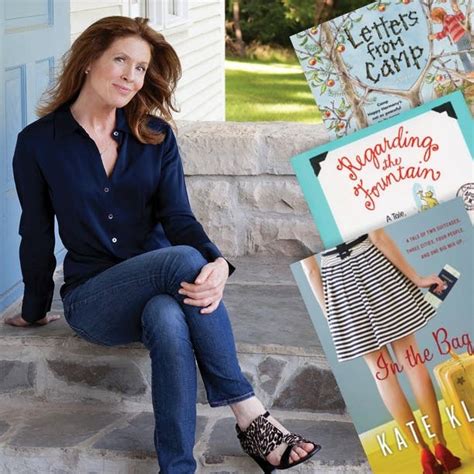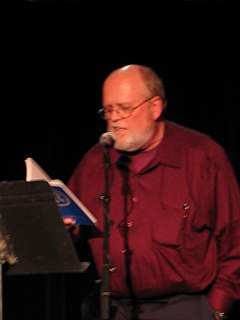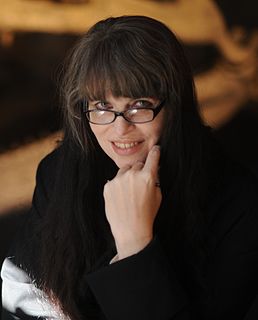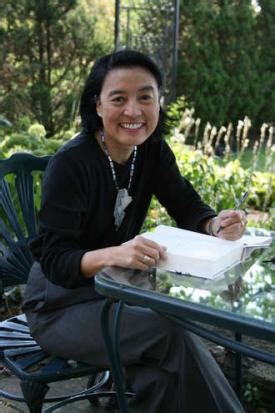A Quote by Philip Pullman
The function of a book or a poem or a story is to delight, to enchant, to beguile.
Related Quotes
I keep feeling that there isn't one poem being written by any one of us - or a book or anything like that. The whole life of us writers, the whole product I guess I mean, is the one long poem - a community effort if you will. It's all the same poem. It doesn't belong to any one writer - it's God's poem perhaps. Or God's people's poem.
Too many writers think that all you need to do is write well-but that's only part of what a good book is. Above all, a good book tells a good story. Focus on the story first. Ask yourself, 'Will other people find this story so interesting that they will tell others about it?' Remember: A bestselling book usually follows a simple rule, 'It's a wonderful story, wonderfully told'; not, 'It's a wonderfully told story.'
Hauntings are memes, especially pernicious thought contagions, social contagions that need no viral or bacterial host and are transmitted in a thousand different ways. A book, a poem, a song, a bedtime story, a grandmother's suicide, the choreography of a dance, a few frames of film, a diagnosis of schizophrenia, a deadly tumble from a horse, a faded photograph, or a story you tell your daughter.
The subject of the poem usually dictates the rhythm or the rhyme and its form. Sometimes, when you finish the poem and you think the poem is finished, the poem says, "You're not finished with me yet," and you have to go back and revise, and you may have another poem altogether. It has its own life to live.




































